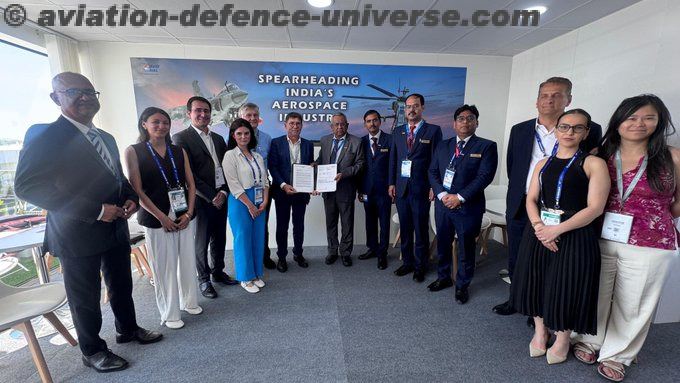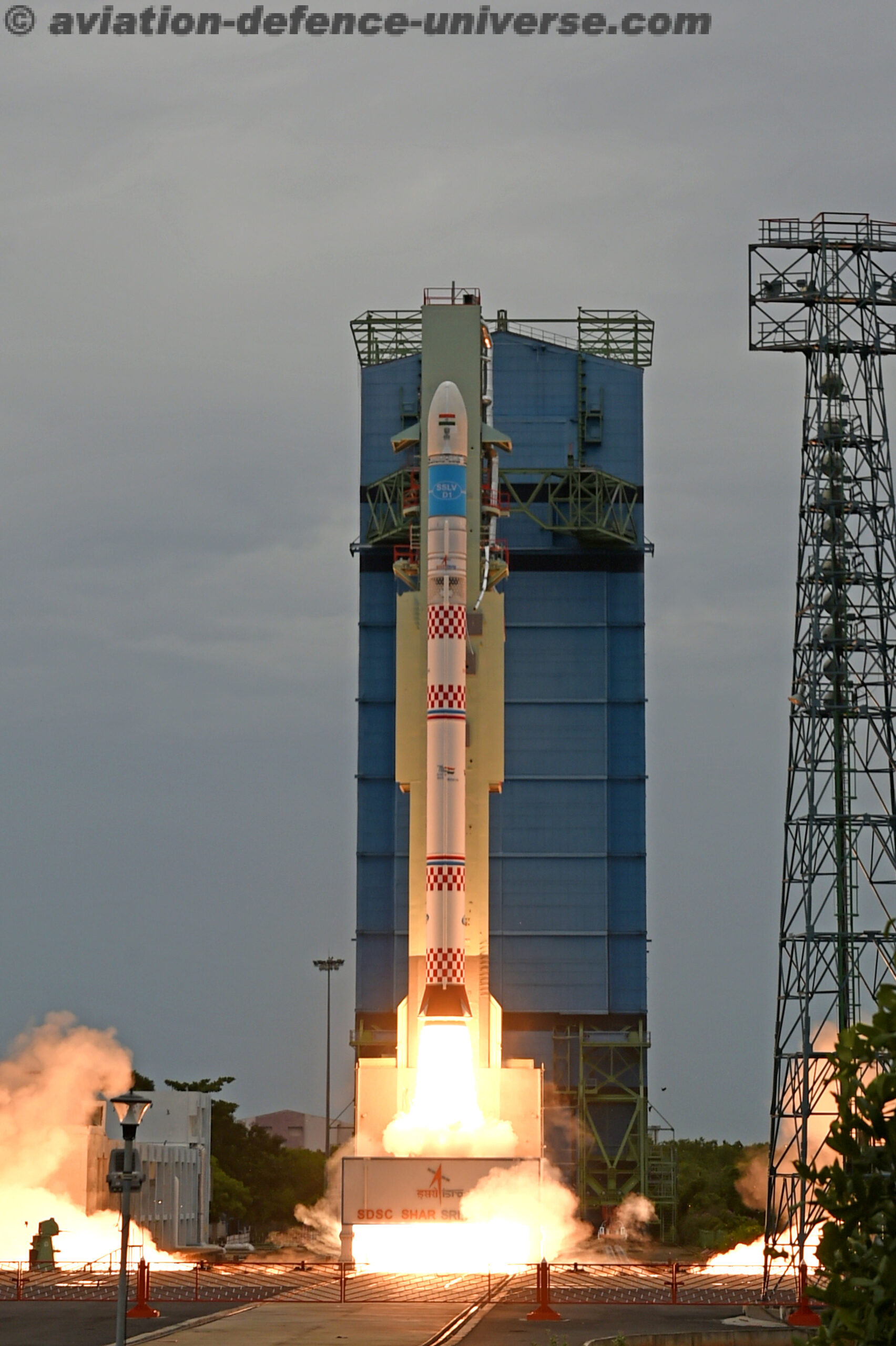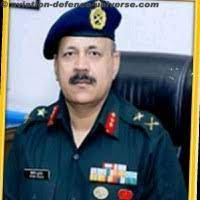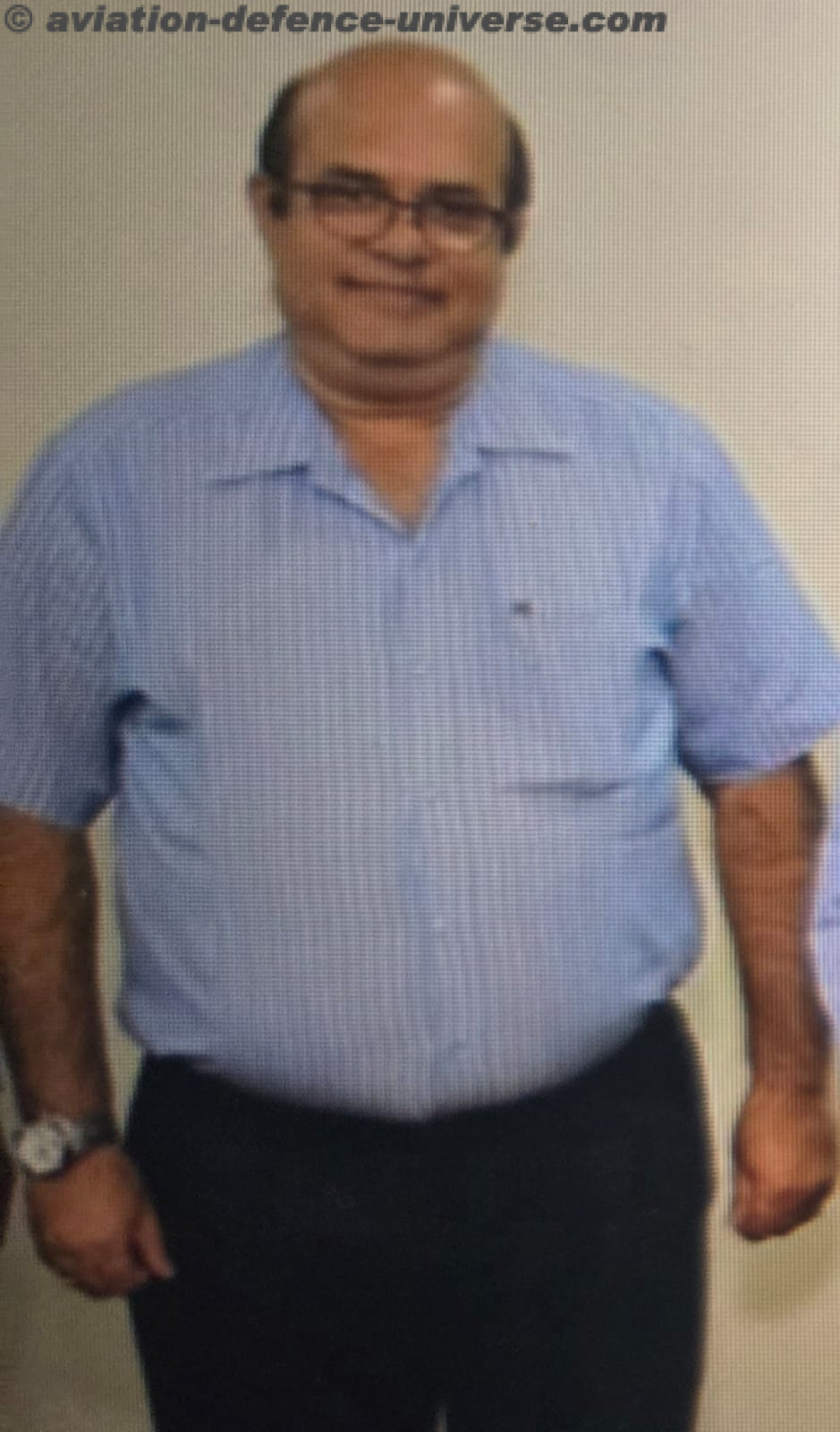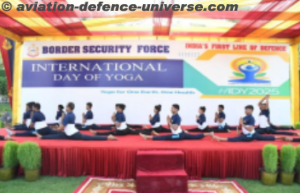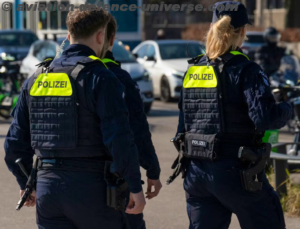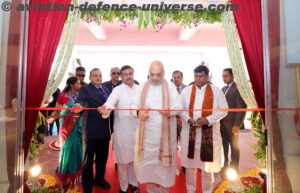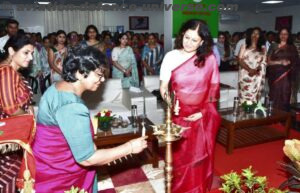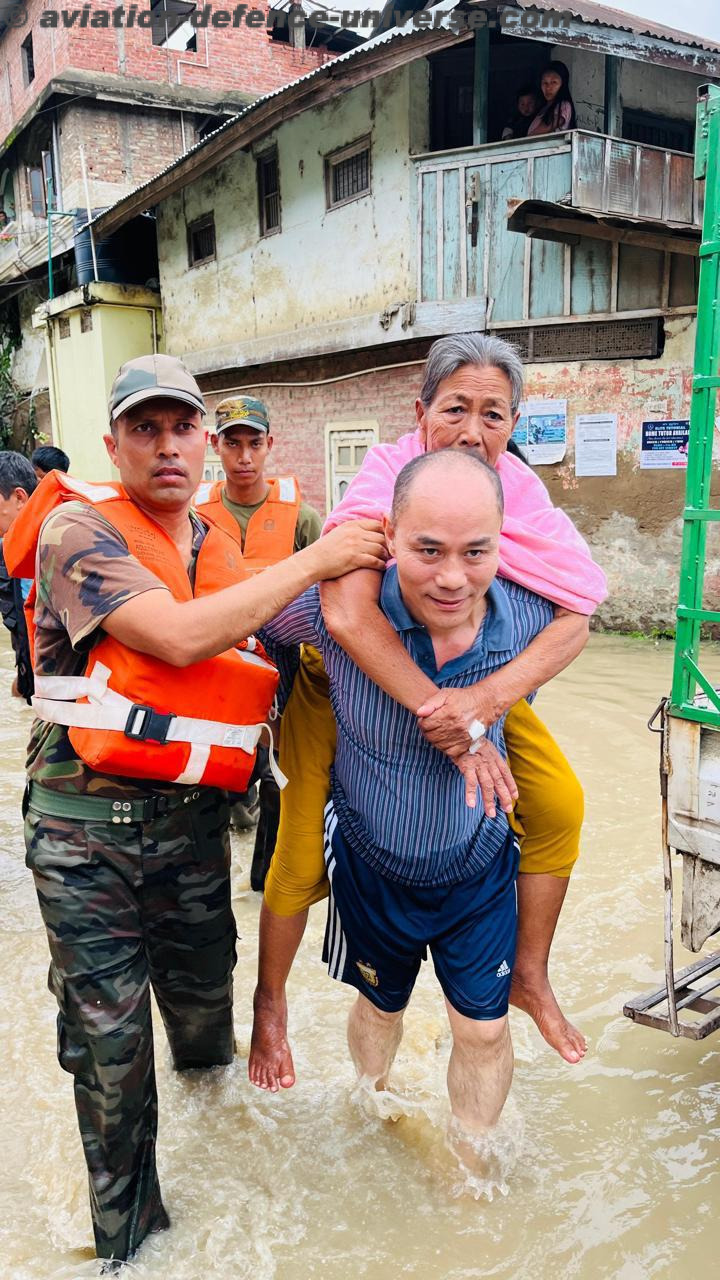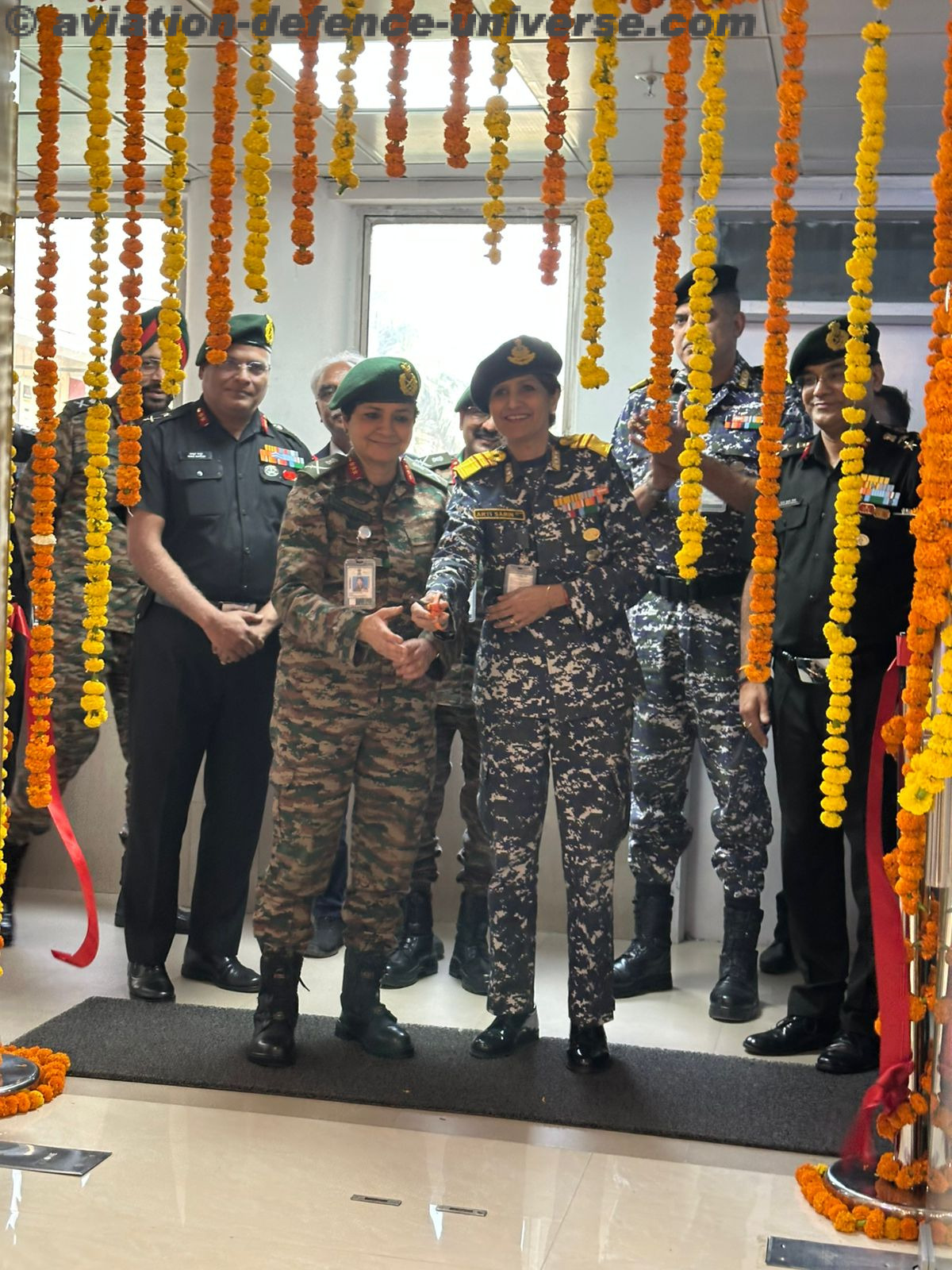New Delhi. 21 October 2020. Kong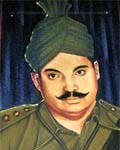 ka pass incident” has been entrenched in the memory of generations of policemen for the bravery of their force and by the nation a tragedy caused by complete lack of co-ordination in Delhi between Home ministry controlling CRPF, and defense ministry with Krishna Menon in charge as a minister.
ka pass incident” has been entrenched in the memory of generations of policemen for the bravery of their force and by the nation a tragedy caused by complete lack of co-ordination in Delhi between Home ministry controlling CRPF, and defense ministry with Krishna Menon in charge as a minister.
By September 1959, Chinese had encroached upon Indian areas outside Aksaichin and their army units had started even arresting the Indian border police on routine patrol. Indian Government was still not ready to take any action and on the contrary asked the home ministry to stop border patrols. India’s home ministry, controlling the border police, probably were unaware of Chinese build up in Ladakh and what was happening inside Aksichin, and decided to take counter action on its own against Chinese.
Home ministry ordered Deputy Superintendent of Police or DSP Karam Singh to take a team of 40 policemen and establish police outposts In Kongka pass area with the first post to be established at Hot Springs. DSP Karam Singh reached Hot Springs on 20h October 2012 and then started surveying the area for further action. He was not aware at all about the fully equipped PLA soldiers entrenched in that area. DSP Karam Singh’s troupe was quickly surrounded by the PLA soldiers and was asked by them to leave.
In an extremely defiant gesture, DSP Karam Singh bent down, picked up an handful of dust and touched it to his heart, indicating that the land belongs to India. But at Kongka pass DSP Karam Singh’s team faced complete massacre. They just could not defend themselves with their WW II .303 bolt rifles against Chinese soldiers equipped with semi automatic rifles, machine guns and mortars. Within few hour, 10 policemen from DSP Karam Singh’s team were lost. Realizing that they can not defend themselves, Indians finally surrendered. They were released by the Chinese after 12 days with much torture and only handful unarmed Indian police were allowed to take back the bodies.
DSP Karam Singh was awarded the Indian Police Medal for his leadership and bravery for his action on 21st October 1959, when a patrol party of CRPF, led by him, was ambushed by the Chinese forces at Hot Springs ladakh and 10 jawans were killed, the bravery and resultant sacrifice of jawans fighting at 16,000 ft altitude, in extremely cold conditions and against all odds, is an epitome of the rarest of the rare courage.














